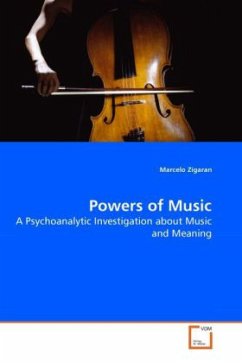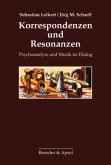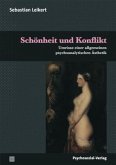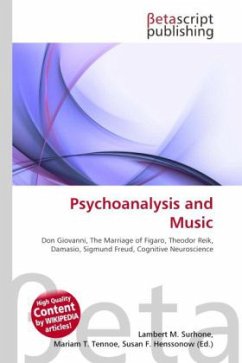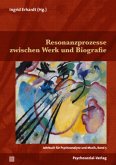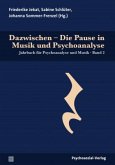I have always thought that conventional musical analysis, whether it is harmonic, formal, or counterpoint analysis, never satisfactorily addresses the deep question of why music affects us so profoundly. Why does performing and listening to music engage us so emotionally that all of a sudden we might think: "What is happening to me?", "Why are my emotions so powerful that I have the sensation of going to another world?" My comments will focus on discussing music from the standpoint of psychoanalysis,under the concepts of two important psychoanalysts: Julia Kristeva and Alain Didier-Weill. It may prove helpful to understanding our relationship with music, whether we are listeners, performers or composers. A work of art, such as a symphony, has an existence, a history and a place that constitute it as the object of the aesthetic experience. Having said that, this work will stress the point that psychoanalysis presents us with a new way of looking at things - not only at music or art. It is in this way the departure point for an aesthetic revolution, in the sense of a new regimen of what we hear (and see) in the world.
Bitte wählen Sie Ihr Anliegen aus.
Rechnungen
Retourenschein anfordern
Bestellstatus
Storno

